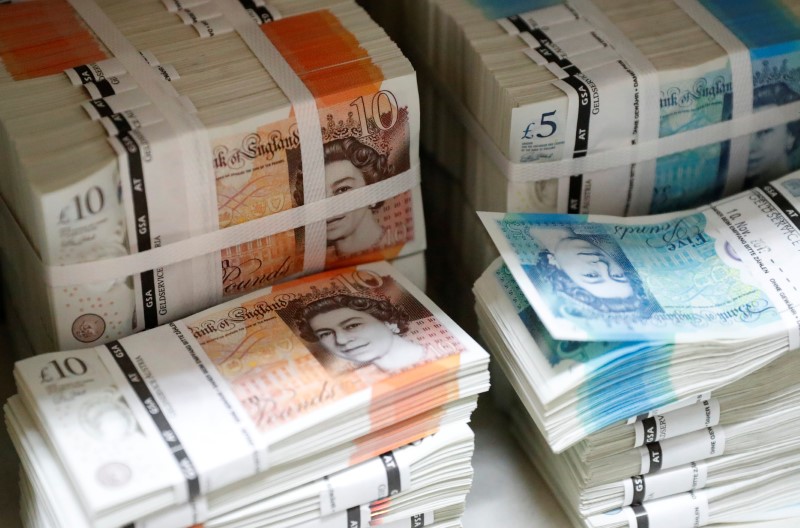This post was originally published on this site

Sterling slid to as low as $1.2396 on Thursday, the lowest since July 2020. Yields on the two-year note dropped 16 basis points to 1.48%, a one-week low. Ten-year yields dropped 12 basis points to 1.84%.
The moves came after the BOE raised interest rates to the highest level since the financial crisis, and warned the economy is on course to shrink next year under pressure from double-digit inflation.
Read more: Bank of England Raises Rate to 1% With Warning of 10% Inflation
“Don’t get fooled by the hawkish dissent,” said Antoine Bouvet, senior rates strategist at ING Groep (AS:INGA) INGA. “The 2023 recession, inflation at 1.5% in 2024, and rising unemployment forecast all suggest the economy won’t be able to take the amount of tightening priced by the curve.”
“The issue of gilts sales is also kicked into the long grass,” Bouvet added, referring to the 1% threshold at which the BOE previously said it may consider selling gilts from its balance sheet.
Money markets trimmed rate-hike bets, wagering 27 basis points of tightening in June. That compares with 33 basis points before the BOE lifted borrowing costs to 1%.



